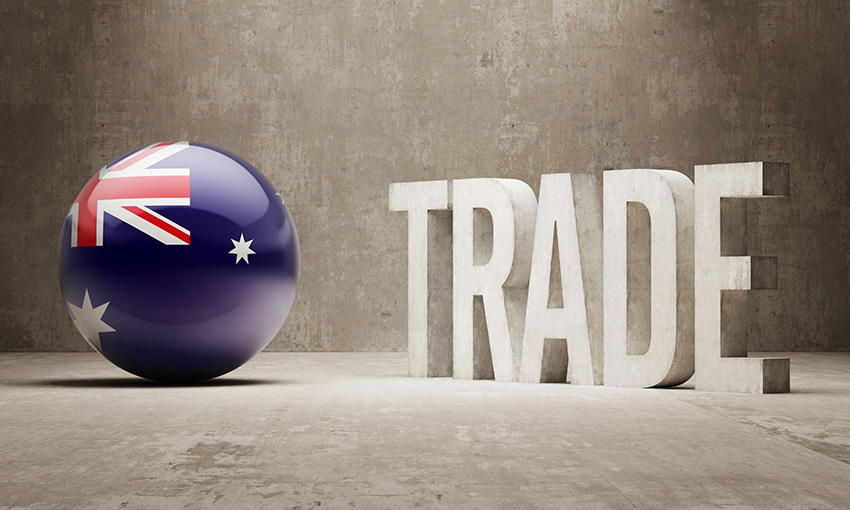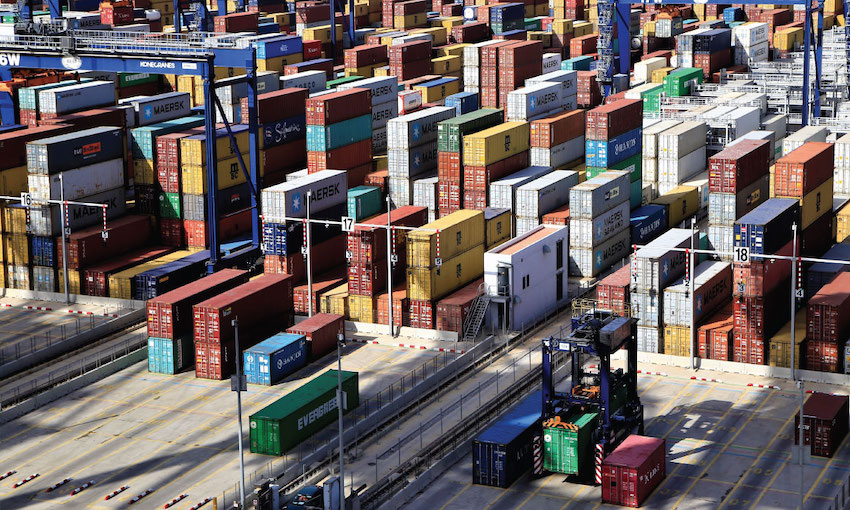ON Thursday, implementing legislation for the Regional Comprehensive Economic Partnership Agreement was passed.
The RCEP is a comprehensive free-trade agreement between Australia and 14 other Indo-Pacific countries. It covers trade in goods and services; investment; and economic and technical co-operation. It also creates new rules for electronic commerce, intellectual property, government procurement, competition and small and medium-sized enterprises.
Minister for trade Dan Tehan said RCEP would build upon and strengthen Australia’s existing free trade agreements in the Indo-Pacific.
“RCEP will be the world’s largest free trade agreement once it is in force for Australia, the ten ASEAN nations, China, Japan, New Zealand and South Korea,” Mr Tehan said.
“This agreement will make it easier for businesses and investors to operate throughout the Indo-Pacific by delivering greater integration of value chains and shared rules of origin, which ultimately will lead to more jobs, opportunities and economic growth in Australia.”
Mr Tehan said Australian traders currently can choose from 10 different FTAs to do business between the 15 countries of the region, each with its own procedures.
“RCEP will make trading easier by providing a single set of rules and procedures for Australian exporters to utilise preferential tariff outcomes across the region,” he said.
“These rules, which will support contemporary production and logistics patterns, will make it more attractive for food processors in the region to source primary produce from Australia.”




